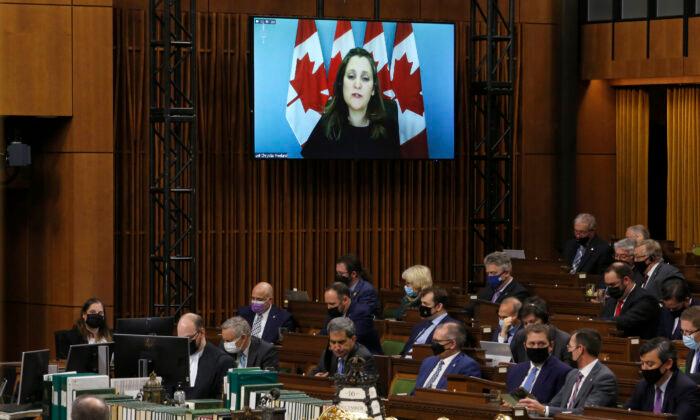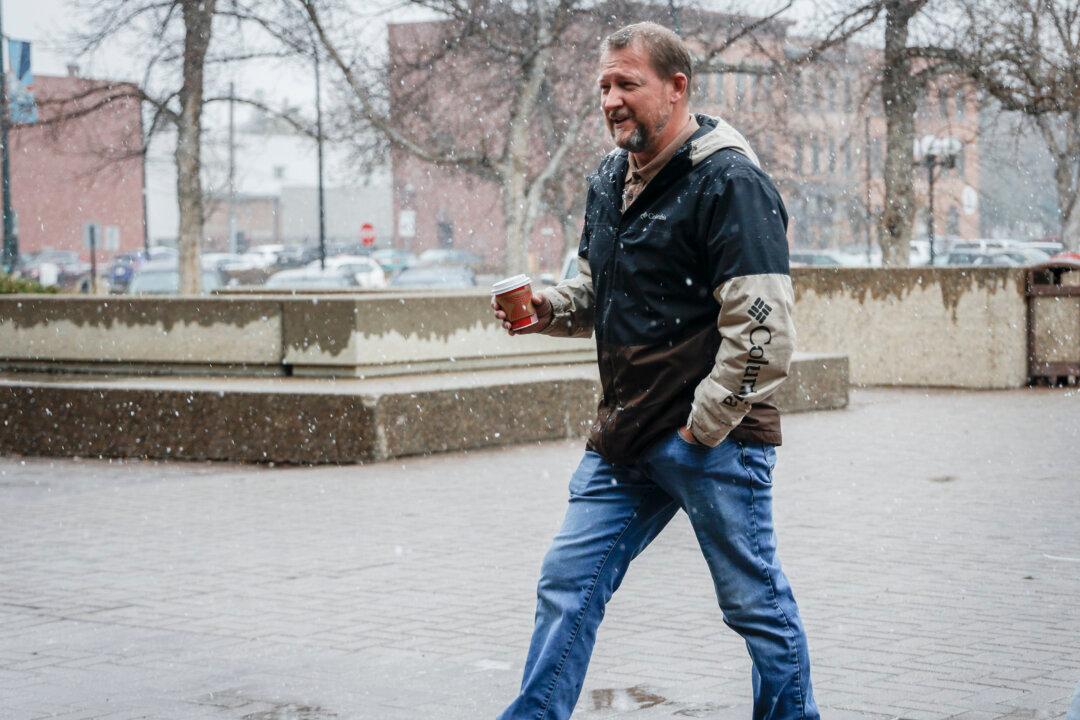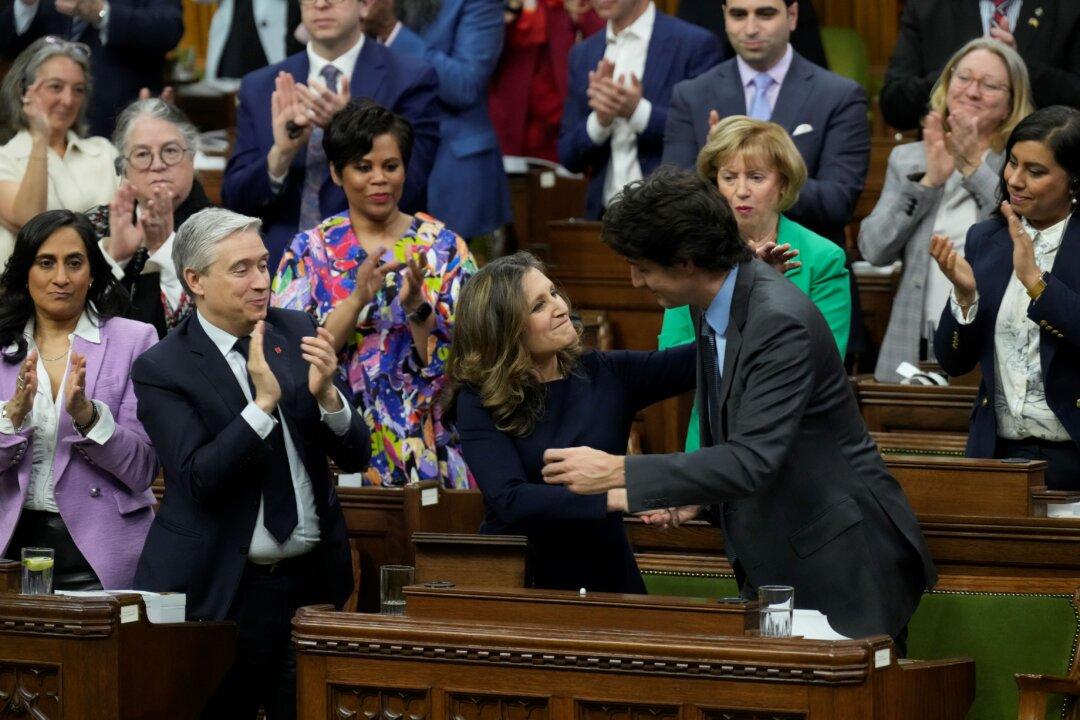It’s not just the recent blast of winter giving me chills as 2021 comes to a close. The political manoeuvring being done in Ottawa as the fall parliamentary session came to a close is sending outright shivers up my spine, particularly when it comes to the nation’s finances.
The timing of the revelation was well-orchestrated, of course. Freeland knew legislators would be furious with the massive increase in expenditures. By rushing the bill through the House just before it recessed for the holidays, Freeland ensured the furor over the deception would be forgotten by Canadians, if they even noticed it at all.
Why such subterfuge when increasing expenditures, though? The Liberal government had already massively increased spending in the last year and has been re-elected since then. Canadians gave the government at least tacit approval to keep the spending floodgates open when it comes to pandemic measures. One wouldn’t think they would feel the need to resort to such budgetary deception when passing bills.
Most Canadians understand why spending was increased so dramatically. People and businesses were shut down due to government-imposed lockdowns. In being responsible for the lockdowns, the state was also obliged to step in and try to ease the damage the lockdowns caused. The Canada Emergency Response Benefit (CERB) and business subsidies were rushed out to head off mass bankruptcies. Canadians can understand the processes will have holes in them since they were created in a rush.
It is time now though to step back and assess the costs of those pandemic relief initiatives. The time for rushed, panicked expenditures is done. We need to get our books in order. With the Liberal government obfuscating when it comes to the nation’s finances though, getting to the bottom of the books is going to be a tough task.
The chances of recovering any funds that were fraudulently taken are slimmer with each passing day. If there has been a crime, it has to be investigated quickly. If there are breaches in program controls, we need to expose them as soon as possible, not wait years while they continue to be exploited.
We need to see a light at the end of the pandemic tunnel, and that includes financial recovery. I know and accept that the financial outlook is bleak. I would feel better though if I at least knew what the real numbers are. I would be comforted if I thought the Liberal government was getting serious about getting a handle on things.
Unfortunately, it appears the government is most concerned with covering up the mess rather than even beginning to clean it up. That is sending me into the new year with more than a little nervous trepidation.





